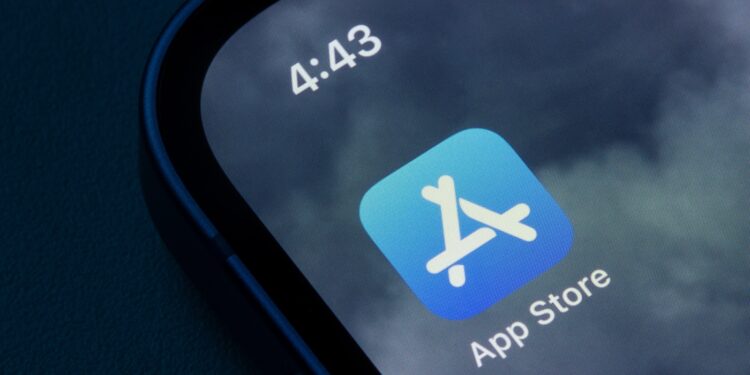Apple is once again at the center of a legal dispute that could have far-reaching consequences for the App Store and thus for millions of users. After partially losing its dispute with Epic Games in court, Apple is now trying to delay the implementation of the new regulations. At its core, the dispute concerns alternative payment methods in iOS apps – and the question of how much control Apple can retain over its own platform.
If you regularly use apps on your iPhone or develop apps yourself, this dispute directly affects you. It concerns whether developers are allowed to inform you about cheaper payment options outside of the App Store—for example, via links leading to external payment services. This was previously prohibited. Now a court has ordered Apple to change this practice—initially in the US App Store. However, Apple refuses to accept this and is pursuing legal action.
Apple requests a delay in implementation
Apple has filed a request for a stay in the U.S. District Court in Northern California. The so-called emergency motion was filed on Wednesday and is directed against a court order requiring the company to allow developers to provide notices of alternative payment methods in their apps. This decision is part of a long-running legal battle with Epic Games, the developer of Fortnite. Epic had criticized Apple's business model, which requires purchases to be processed only through the App Store system – including a commission for Apple. In 2021, the court ruled that Apple was correct on many points, but declared a central provision invalid: the anti-steering rule. This rule previously prohibited developers from pointing out cheaper payment options outside the App Store. According to the court, this violates California's unfair competition law.
- Apple initially stated that it would comply with the ruling, but announced an appeal.
This appeal was officially filed earlier this week. With this current emergency motion, Apple seeks to ensure that the new rules do not have to be implemented until the appeal is concluded. This would allow Apple to maintain the existing App Store rules.
Apple does not want to allow these rules
Specifically, Apple is trying to stop two new regulations:
- Apple may not charge a commission for purchases made through external payment links.
- Apple is not allowed to impose any regulations on how these links may be designed, placed, or worded in iOS apps.
Apple argues that these regulations go beyond the original 2021 ruling. At that time, the ruling only concerned that Apple could not prohibit the placement of links – but not commissions or the manner of presentation. Apple is therefore faced with new legal obligations that, from the company's perspective, were never the subject of the proceedings. The motion states that the implementation of the new rules would cause Apple significant harm – financially and strategically. The company speaks of potential losses amounting to "hundreds of millions to billions of dollars" per year. Apple also accuses the district court of violating constitutional due process by imposing new pricing rules. Apple argues that this is not only impermissible but also unconstitutional.
Epic Games counters clearly
Epic Games sees Apple's request as an attempt to circumvent market rules. According to Epic, it is a "desperate attempt" to block competition and maintain high fees. Epic points out that since the court order, many developers have already begun adapting their apps. Examples include Kindle, Patreon, and Spotify. These apps already allow you to pay via links to external payment options. From Epic's perspective, this improves competition and benefits users: better deals, more transparency, and lower prices. Epic also announced that it will bring Fortnite back to iPhones and iPads in the US this week – after the game had been unavailable on the Apple App Store for years.
Apple awaits Federal Court ruling
Apple is asking the Ninth Circuit Court of Appeals for a decision by May 28, 2025, at the latest. If the request is successful, the original App Store rules will remain in effect until then. Otherwise, Apple must maintain the amended guidelines. The dispute is far from over. (Image: Shutterstock / Tada Images)
- Apple's Eddy Cue: AI could soon make iPhones obsolete
- Netflix rolls out update for tvOS and iOS – information at a glance
- Google threatened with breakup: Court examines radical steps
- Apple plans to integrate AI search directly into Safari





